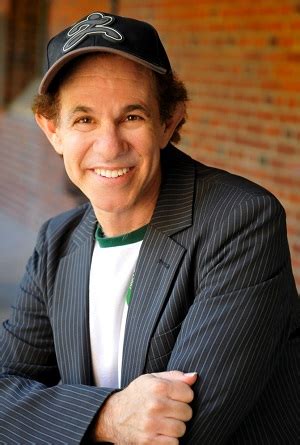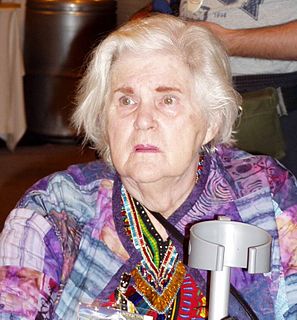A Quote by Deborah Eisenberg
The task is not primarily to have a story, but to penetrate the story, to discard the elements of it that are merely shell, or husk, that give apparent form to the story, but actually obscure the essence. In other words, the problem is to transcend the givens of a narrative.
Related Quotes
It's only a story, you say. So it is, and the rest of life with it - creation story, love story, horror, crime, the strange story of you and I. The alphabet of my DNA shapes certain words, but the story is not told. I have to tell it myself. What is it that I have to tell myself again and again? That there is always a new beginning, a different end. I can change the story. I am the story. Begin.
Abstraction didn't have to be limited to a kind of rectilinear geometry or even a simple curve geometry. It could have a geometry that had a narrative impact. In other words, you could tell a story with the shapes. It wouldn't be a literal story, but the shapes and the interaction of the shapes and colors would give you a narrative sense. You could have a sense of an abstract piece flowing along and being part of an action or activity. That sort of turned me on.
There is a problem in America. An Irish or Polish American can write a story and it's an American story. When a Black American writes a story, it's called a Black story. I take exception to that. Every artist has articulated to his own experience. The problem is that some people do not see Blacks as Americans.
A lot of Christians have been taught a story that begins in chapter 3 of Genesis, instead of chapter 1. If your story doesn't begin in the beginning, but begins in chapter 3, then it starts with sin, and so the story becomes about dealing with the sin problem. So Jesus is seen as primarily dealing with our sins.





































